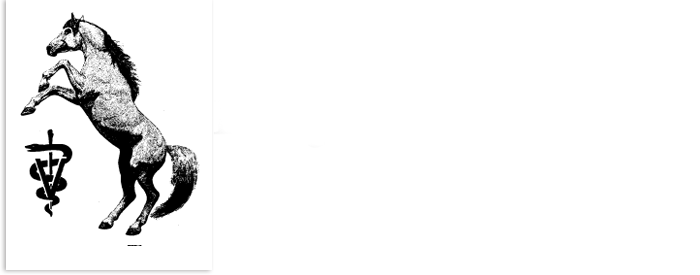Equine Herpes Virus
While no vaccine is approved to protect against the neurological form of EHV (Rhinopneumonitis) there is evidence vaccination for Rhinopneumonitis can aid in protecting your horse.
In addition, the California Food and Agriculture Department recommends in the short term:
We recommend all horses returning from any equine event, even without any disease detection, be isolated and monitored for at least 7 days following departure from the event. We recommend all asymptomatic non-quarantined horses leaving a premises where EHM has been confirmed be isolated away from all other horses for at least 7 days following departure with twice daily temperature monitoring, and, out of an abundance of caution, advise that these horses refrain from entering a large horse facility or equine event for 14 days following departure.
So at least for the immediate time being, if you go to a horse gathering such as a show or clinic it is recommended that your horse isolate and have their temperature monitored for 7 days before going back to usual.
Certainly at any such event try to keep your horse from going nose to nose with other horses and do not share any common water sources such as a bucket or trough with other horses. More information about biosecurity can be found Here or on the CDFA website.
EHV-1 is Rhinopneumonitis. There is a respiratory form of this disease but also a neurological form. The neurological form is called Equine Herpes Myeloencephalopathy (EHM). It can be caused by the regular EHV-1 virus or a variant called the neuropathogenic strain.
The EHV-1 (Rhinopneumonitis) virus spreads quickly from horse to horse and the neurological form of the virus can reach high levels of sickness and mortality. The incubation period of EHV-1 is 3-14 days with the average being 4-7 days though this year some horses have not shown symptoms for more than 10 days. In horses infected with the neurological strain of EHV-1, clinical signs may include: nasal discharge, Incoordination, hind-end weakness, laying down without being able to rise, lethargy, urine dribbling and poor tail tone.
Diagnosis is made by nasal swab and blood sample.
Prognosis depends on the severity of signs and the period of being unable to rise if that occurs. There is no specific treatment for EHV-1. Treatment may include supportive care intravenous fluids, anti-inflammatory drugs, antibiotics to prevent secondary infections and other appropriate supportive treatment. There have been attempts to treat acute disease with anti-viral drugs. The effectiveness of these treatments has not yet been determined.
Currently, there is no equine vaccine that has a label claim for protection against the neurological strain of the virus. It has been suggested that vaccines may assist in limiting the spread of outbreaks of Equine Herpes Myeloencephalopathy by limiting nasal shedding of EHV-1 and dissemination of infection. For this reason, some experts hold the opinion that there may be an advantage to vaccinating in the face of an outbreak. If this approach is pursued, only horses without a fever and asymptomatic horses should be vaccinated and protection against clinical EHM should not be an expectation.
In my practice, I currently use the Calvenza® brand of vaccine to vaccinate for Influenza and Rhinopneumonitis (EHV-1 and EHV-4). This brand has shown to be among the brands with the greatest ability to limit nasal shedding and viremia of the neurovirulent strain.
Transmission is from horse-to-horse contact, aerosol transmission, and contaminated hands, equipment, tack, and feed all play a role. Horses with severe clinical signs of neurological EHV-1 illness are thought to have large viral loads in their blood and nasal secretions and therefore, present the greatest danger for spreading the disease. Immediate separation and isolation of identified suspect cases and implementation of appropriate biosecurity measures are key elements for disease control.
UC Davis Center for Equine Health:
https://ceh.vetmed.ucdavis.edu/health-topics/equine-herpes-virus-1-myeloencephalopathy
FAQ: Equine Herpesvirus (EHV)
https://aaep.org/horsehealth/faq-equine-herpesvirus-ehv
CDFA Equine Herpes Virus Health Alert
https://www.cdfa.ca.gov/ahfss/animal_health/equine_herpes_virus.html
CDFA Biosecurity toolkit
https://www.cdfa.ca.gov/ahfss/animal_health/Equine_Biosecurity.html

